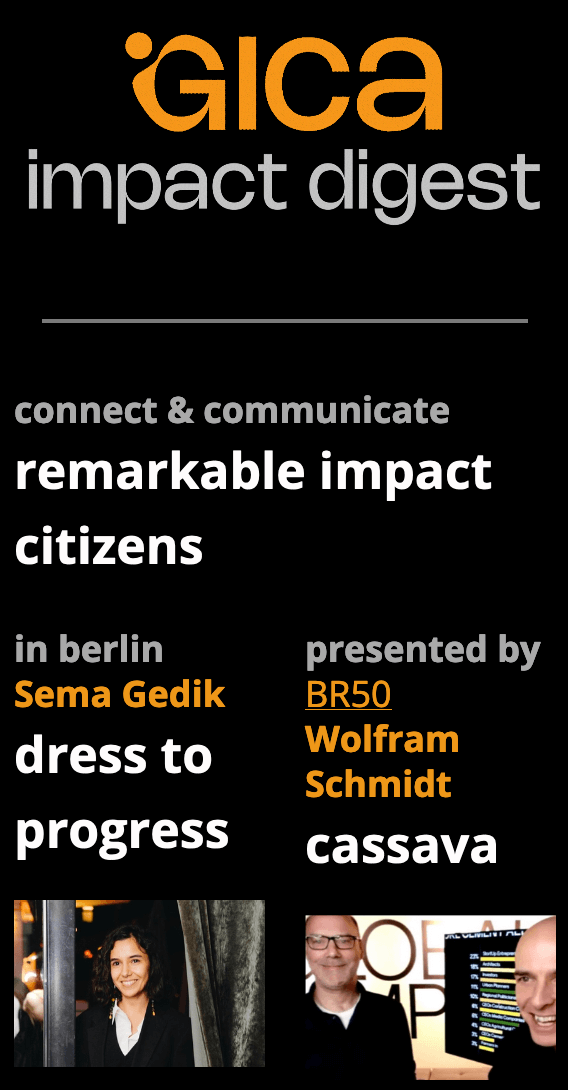Picture this: a line of trucks so long it wraps around the Earth’s equator. Now fill those 1.5 million trucks with your discarded phones, broken laptops, and that drawer full of chargers you’re keeping “just in case.” Welcome to the world of electronic waste, where 62 billion kilos of our digital past goes to die – or more accurately, refuses to die, poisoning everything it touches.
The Burning Truth
Here’s a reality check that’ll make you want to hold onto your iPhone just a little longer:
80% of our electronic waste ends up in the hands of informal workers in developing countries who are forced to use dangerous methods to survive. Without access to proper recycling technology, they burn circuit boards and cables to extract valuable metals like copper and gold.
Yes, that’s the bitter truth: people literally risking their lives and health, breathing in toxic fumes just to recover a few dollars worth of metal from our discarded gadgets.

From Sports Cars to Saving the Planet
Enter Stefan de Linde, who probably didn’t expect his automotive industry dreams to end up in the garbage – literally. “My dream as a kid was to work in the automotive sector,” he admits. But after realizing that manufacturing might be part of the problem, he teamed up with co-founders Philipp Boehm and Florian Fehr to become part of the solution. They call it Minimise.

The Digital Paper Trail
Instead of fighting against the informal waste sector (the usual Silicon Valley way), Minimise is bringing these workers into the fold through something deceptively simple: “proof-of-recycling.” Working with partners like NIU NIU in Mexico, E[co]work in India, and Electrocycle in Zambia, they’re transforming informal waste networks into professional operations. “They work tirelessly to implement these environmentally sound processes we look for,” Stefan notes.
Think of it as a birth certificate for your device’s afterlife. Each piece of electronic waste gets documented in their software platform, ensuring proper recycling while providing workers with dignity, safety, and fair pay. It’s a radical shift from burning cables in back alleys to running a legitimate recycling operation.
![Employee of E[co]work, Stefan de Linde, and Employee of Landbell GreenForest](https://gica.community/wp-content/uploads/2025/02/Employee-of-Ecowork-Stefan-de-Linde-and-Employee-of-Landbell-GreenForest.png)
The Global Upgrade
So what’s coming up next? From 50,000 kilos of waste collected in 2024, they’re gunning for 500,000 in 2025. “We want to expand to more countries like Indonesia and Kenya,” Stefan explains, mapping out a future where “waste collection” sounds less like a dirty job and more like a global environmental movement.
When you ask Stefan why he’s doing all this, his answer hits harder than a dropped iPhone: “Informal sector waste workers in developing countries deserve a better life. They should no longer need to scavenge trash for a little value or live in extremely polluted areas.”

The System Update
For the GICA community, this isn’t just another feel-good tech story (check out some of our other articles). As Stefan puts it, “Impactful startups fall or stand with a successful business model. This can be harder to realize compared to normal businesses.” Yet here they are, proving that the next big innovation isn’t another shiny device, but figuring out what to do with the ones we’ve already got.
Because let’s face it… In a world obsessed with the next upgrade, the most revolutionary act might just be giving a damn about what happens after we click “buy.” And if that means transforming toxic scavenging into dignified work while saving the planet? Well, that’s the kind of system update we can all get behind.
Stefan on LinkedIn? Here!



